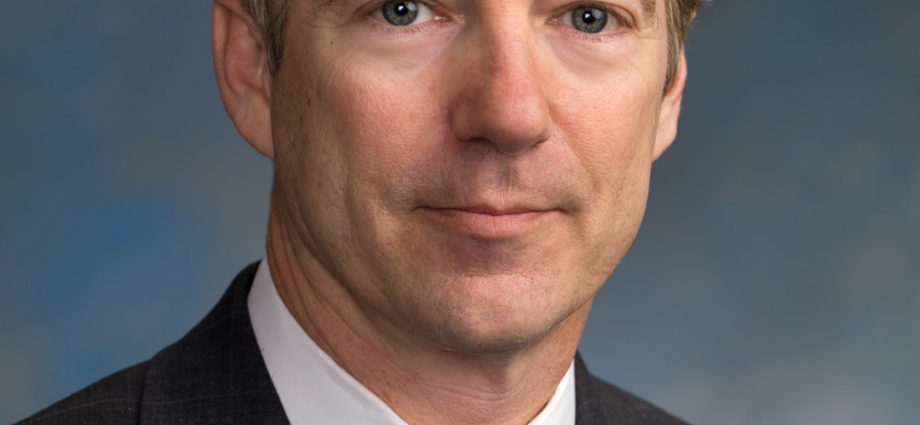U.S. Senator Rand Paul (R-KY) continued his efforts to help Americans more easily meet their health care needs by introducing S. 4367, the Health Savings Accounts for All Act of 2020.

“As a senator, I have worked hard to lower the cost of health care, reduce government interference and red tape, and emphasize putting patients first as Congress debates the issue, Dr Paul said.
“One of the best ways we can give Americans more control over their health care dollar is to expand access to Health Savings Accounts (HSAs), where Americans can save money, and their employers can contribute money, tax-free to spend on qualified health-related needs.
“That means getting rid of unnecessary government caps on individual and employer contributions, as well as the restriction that requires Americans to have a high-deductible health plan before they can open an HSA, which cuts out far too many Americans.”
Currently, contributions to Health Savings Accounts (HSAs), which can be saved and spent tax-free on qualified expenses, are arbitrarily capped at $3,600 for individuals and at $7,200 for families in 2021, and most Americans are shut out from having an HSA due to not having a high-deductible health insurance plan.
According to the CDC’s National Center for Health Statistics, 45.8% of Americans “under age 65 with private health insurance” had a high-deductible plan in 2018.
“Among its reforms, my bill would allow unlimited individual and employer contributions, and it would enable anyone carrying any type of health coverage, including Medicare, VA benefits, etc., (and not just a high-deductible plan) to open an HSA, Paul continued.
“It also would allow you to use your HSA to pay for health insurance premiums and direct primary care. And it expands what counts as a “qualified expense,” so it would even cover health expenses incurred in the prior or current tax year before the HSA was established.
“As Americans’ health care costs continue to rise, my plan puts more power in the people’s hands, getting rid of unnecessary restrictions, expanding access, and trusting Americans to make the decisions that are best for their families with the money they have worked hard to earn.”
The bill:
Repeals Contribution Limitations
• Eliminates the annual limit on tax-deductible contributions to HSAs by individuals and their employers.
Offers More Americans the Chance to Save Money in HSAs Tax-Free
• Eliminates the requirement to be enrolled in a high-deductible health plan in order to make tax-free contributions to HSAs.
– Individuals enrolled in any type of health coverage, including people eligible for Medicare, VA benefits, TriCare, and Indian Health Service care, would be able to make tax-deductible HSA contributions.
Expands Qualified Medical Expenses
• Qualified medical expenses would include expenses incurred during the prior or current tax year before establishing the HSA and fees paid for personal patient care.
• Other expenses would be considered as qualified medical expenses up to an annual dollar limit: expenses for physical trainers, nutrition trainers, and health coaches (up to $1,000 per year); exercise equipment (up to $250 per year); and nutritional and dietary supplements (up to $1,000 per year). Dollar limits, where specified, apply to tax deductions for medical expenses but do not apply to expenses that can be paid for with tax-free HSA distributions.
Enables More Americans to Pay for Insurance and Health Needs
• Americans could use HSAs to pay for health insurance premiums and direct primary care service arrangements.
Permits Administrative Error Correction Before Due Date of Return
• Americans could make changes to payments or distributions to correct an administrative, clerical, or payroll contribution error on or before the last day to file taxes.
Allows HSA Rollover to Family After Account Holder’s Death
• Allows the tax-free transfer of HSAs at death to the account holder’s child, parent, or grandparent, in addition to the surviving spouse.
Ensures Equivalent Bankruptcy Protections for Health Savings Accounts as Retirement Funds
• HSAs would be treated as an individual retirement account in bankruptcy proceedings.





